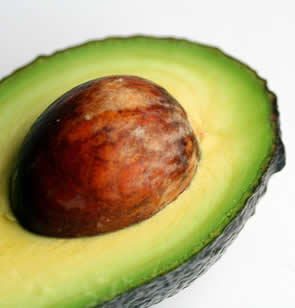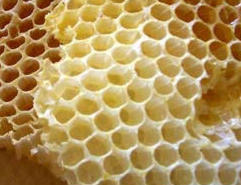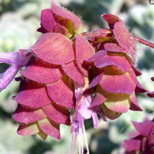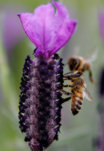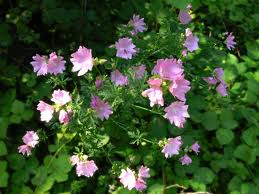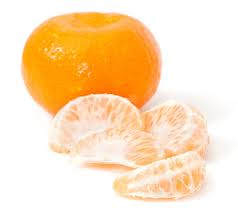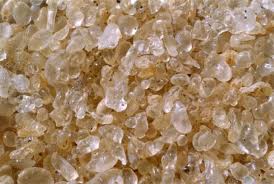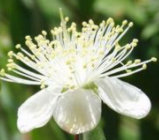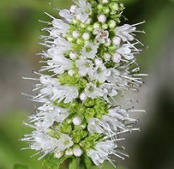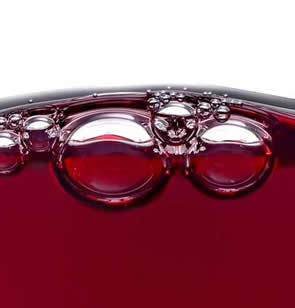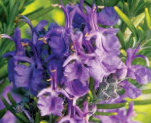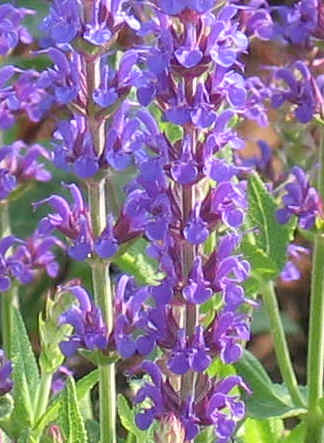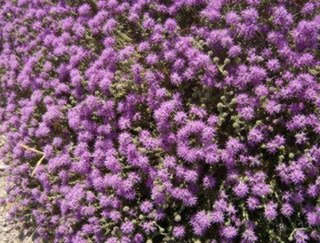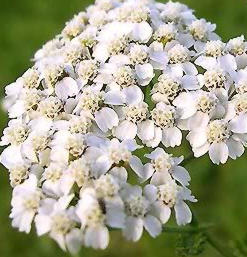
Honey
Mythology and History In antiquity, honey was considered a heavenly gift. Zeus rained honey (honeydew) which had the power to raise the dead. Plutarch called honey the saliva of the stars (saliva siderum). Zeus, father of the gods, was brought up on honey. The daughters of the King, the nymphs Melitta (the bee) and Amalthea (the goat), nursed Zeus on honey and milk. Homer gave Zeus the epithet, Essenos, the Bee King. On many ancient Greek coins there is a head of Zeus and on the reverse side, a bee. |
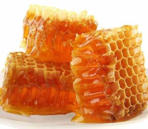 |
Ambrosia (honey and milk) was the food of the Greek gods and the celestial Nectar, the drink of Mount Olympus. The nectar of the gods, compounded of fermented honey and spices, was considered a delicious and salubrious drink and was poured by Hebe and Ganymede, the cupbearers of Zeus.
It was reputed to impart a divine bloom, beauty and vigour to those who were so fortunate as to obtain it. Nectar possessed wondrous life-giving properties, the power to prevent decay and corruption and secure immortality.
Health Benefits & Modern Medicinal uses
Honey is a good sugar that your body quickly absorbs into your blood stream and converts to energy, mainly because it consists of two sugars called dextrose (glucose or grape sugar) and levulose (fructose or fruit sugar), which do not need processed by digestion. Honey benefits you because it’s an all natural healthy sweetener with nutritional value and will give you a quick energy boost.
It is widely used in almost everything: from hand lotions and moisturizers to bar soaps and bubble baths.
Its ability to absorb and retain moisture make it an ideal ingredient in a lot of cosmetics as it helps keep skin hydrated and fresh and prevents drying. It is known that ancient beauties regularly applied a mixture of honey and milk to the face to keep the skin young-looking, radiant, and smooth.
Honey's natural antioxidant and anti-microbial properties help to protect the skin from the damage of the sun's rays, supports the skin's ability to rejuvenate and refresh depleted skin, leaving it feeling silky soft and supple. One of the most common natural skin care benefits with honey is related to treatment of minor acne, as it absorbs impurities from the pores on the skin, acting like an ideal cleansing agent.
Links:
Science-Based Medicine


